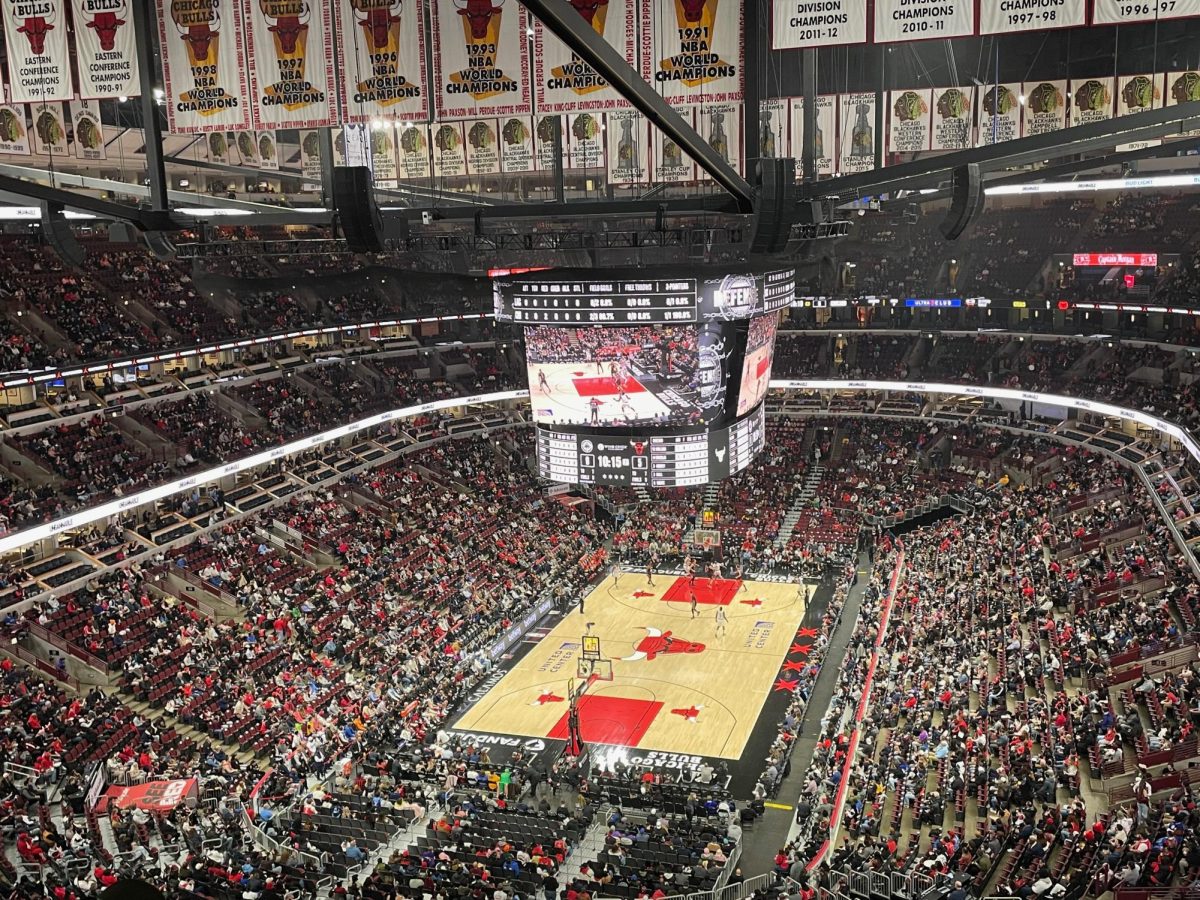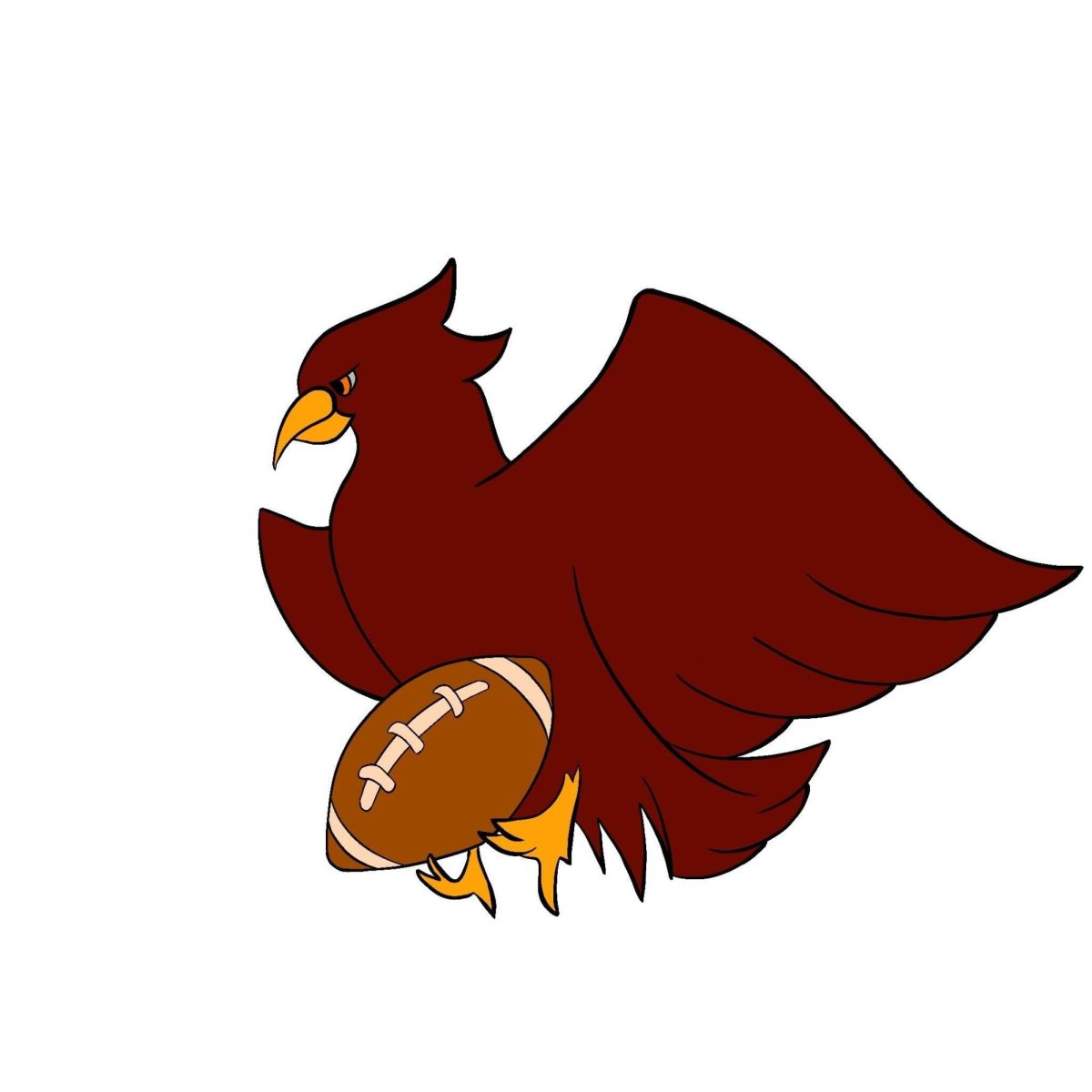The men’s and women’s swim teams continued some of their individual success this past weekend in a tri-meet at Wheaton College, but both Chicago teams still lost in the overall standings. The men dropped to Carthage College 156-30 and to Wheaton 143-31. On the women’s side, Chicago lost to Carthage 120-71 and Wheaton 132-41. The meet was the Maroons’ last chance to compete against other schools in preparation for the UAA Championships, which take place February 13-15 at Case Western Reserve University in Cleveland, Ohio.
Both teams continue to face an uphill battle with their small team sizes, and the talent of Wheaton and Carthage exposed that weakness. “Wheaton has a much faster team than we do, and, although we are on the same level as Carthage, their team is much larger than ours. For the most part we didn’t swim as well as we had earlier this season and as we were expecting,” third-year Emma Eriksson said.
Wheaton and Carthage had as many as five entries each in some events, while Chicago had two at most. “We placed relatively well in many events, but without the depth we couldn’t compete,” first-year Kathleen Meil said.
Meil and Eriksson continued to contribute at a high level. Eriksson won the 200-yard backstroke for the third straight week with a time of 2:20.98. Meil, who has excelled in the long distance events this year, was runner-up in the demanding 1,000-yard freestyle (11:18.54). Second-year Emily Testa also made a large contribution to the women’s score, winning the 200-yard breaststroke (2:36.49) for the second straight week and finishing third in the 200-yard individual medley (2:19.50).
For the men, first-year Dan Timke was the only swimmer to place in the top three in his events. He finished second in the 500-yard freestyle (5:03.23) and third in the 1,000-yard freestyle (10:26.90). Only one other Chicago male finished in the top half of his event.
Much like the rest of the student body, the swim teams were weakened by sickness as well as fatigue from previous meets. “We need to get healthy. Unfortunately, many of us are sick or slowly recovering from illness, but getting more sleep and tapering down our workouts will hopefully make a big difference,” Meil said.
Eriksson indicated that she was slowed by a fever. Despite winning the 200-yard backstroke, her time was five seconds slower than the preceding weekend when she broke her own school record in that event.
The teams will continue to taper these next few weeks as they try to regain some strength for UAA Championships. The taper is a linear reduction in workload preceding competitions. While the frequency of practices remains the same, intervals between practice runs lengthen as the swimmers try to rest and rebuild. The theory behind tapering relies on the swimmers already having overworked to some degree in order to be in shape. The swimmers continue to spend time with coach Sheila O’Connor discussing strategy and watching film in one-on-one sessions in her office. Without having faced the other UAA teams before this season, the swimmers can only focus on improving themselves as much as possible.
“Up until UAA’s we just need to focus on our technique, race plans, and swimming as fast as we can. We are prepared and have done the hard work, so it should all fall into place,” Eriksson said.








